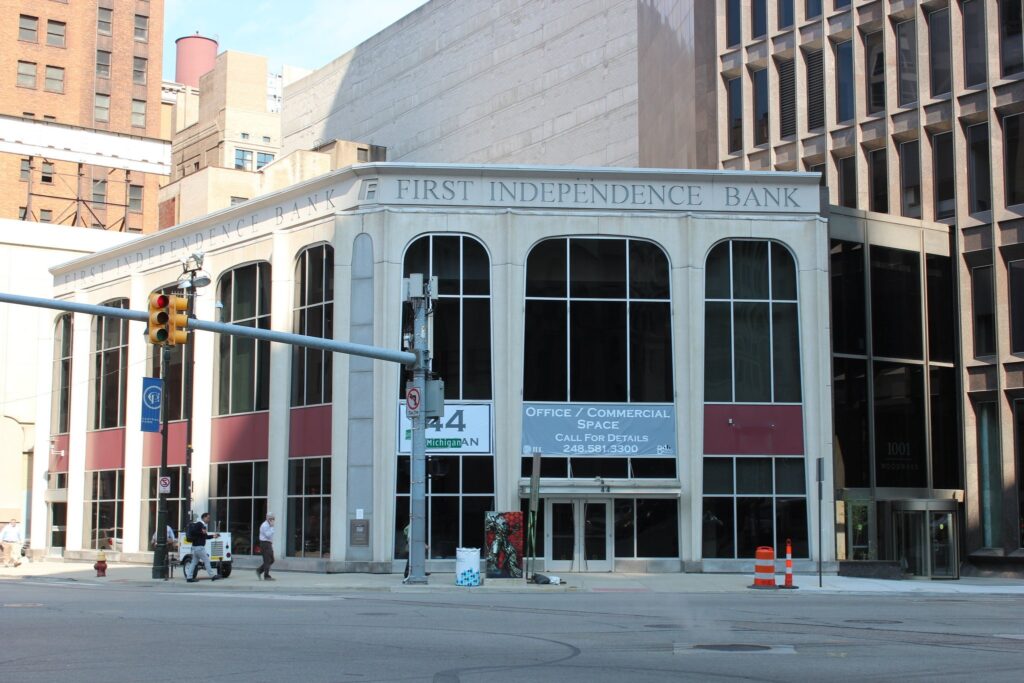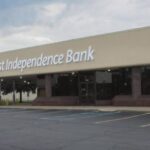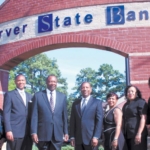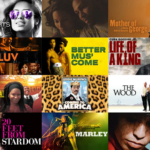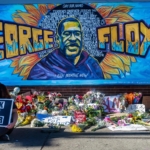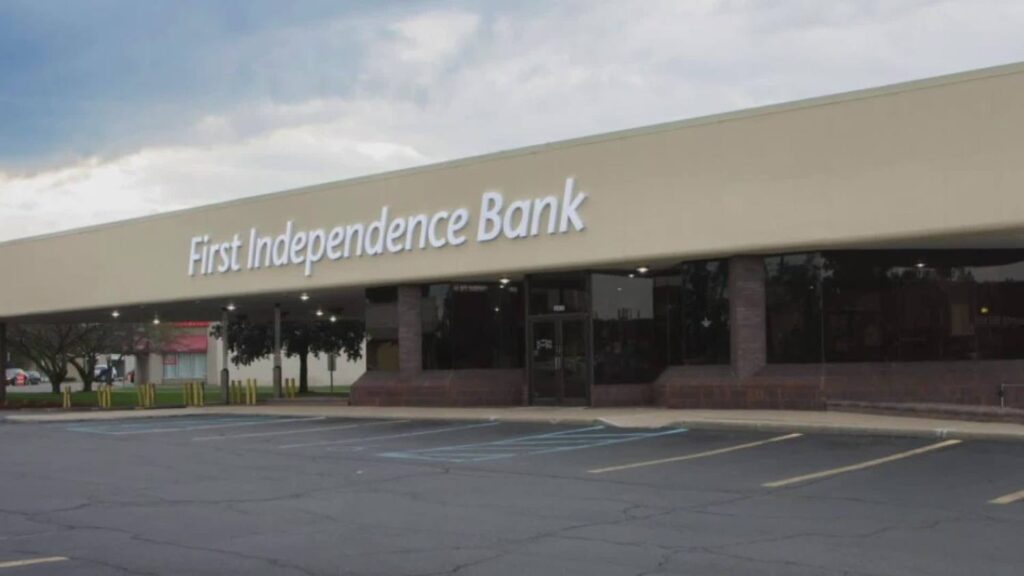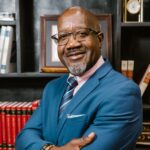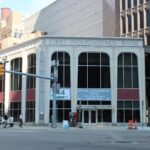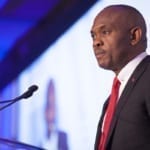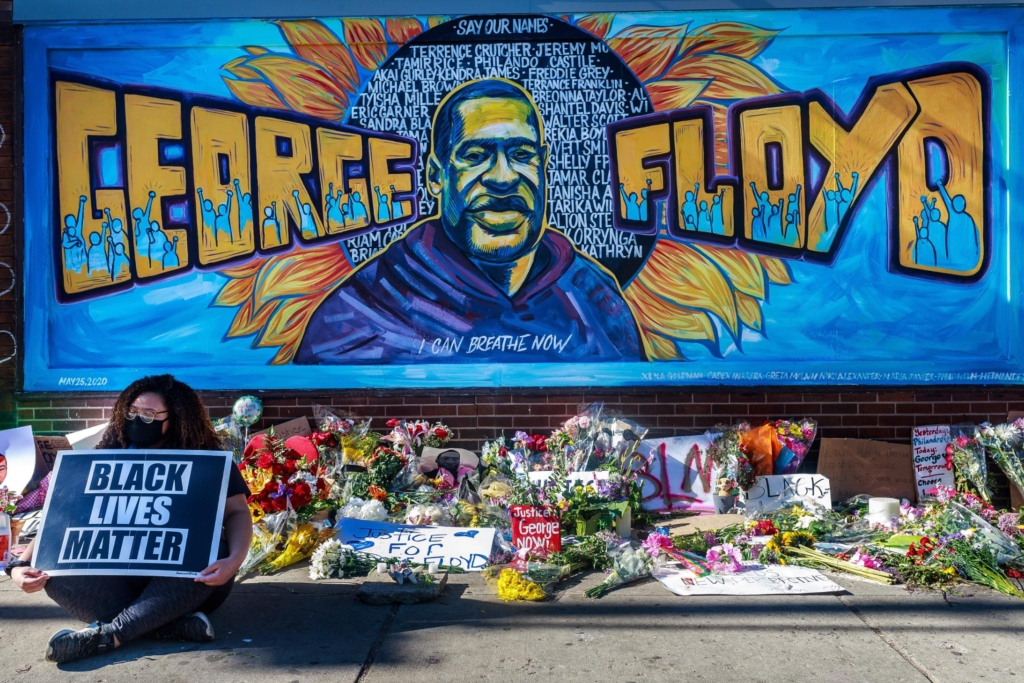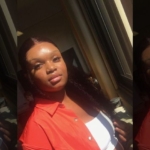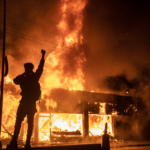When the new Minneapolis branch of First Independence Bank holds its grand opening on Tuesday, it will be the culmination of an effort that is more than a year in the making.
The Detroit-based bank is also now the first Black-owned bank in the Twin Cities.
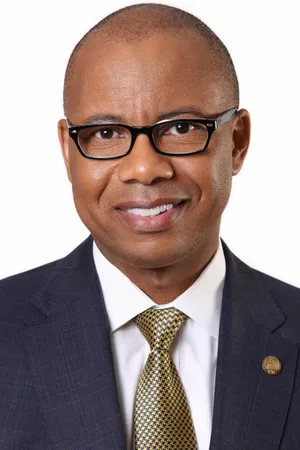
Kenneth Kelly, Chairman and CEO of First Independence, says his company’s expansion is happening with the help of five major financial institutions — Bank of America, Bremer Bank, Huntington Bank, U.S. Bank and Wells Fargo.
“This is unprecedented what we have seen,” Kelly said. “We’ve got five major banks basically saying, ‘we want to invite a competitor into the market.’”
Kelly says it started with a conversation with other bank executives in the fall of 2020, just months after the police killing of George Floyd.
Since then, First Independence received FDIC approval to expand into the Twin Cities and open a branch at a former Wells Fargo location on University Avenue in Minneapolis.
The bank has hired local employees including Minneapolis native, Damon Jenkins, Senior VP and Market Region President.
“We’re not coming in trying to reinvent the wheel, we’re not coming in with a silver bullet approach. It’s really saying ‘how do we connect with the community?’” Jenkins said.
Calls for a Black-owned bank in the Twin Cities have grown louder following several high profile incidents of alleged discrimination.
“Those things are reality in America, so we’re not going to shy away from that, but what I will tell you… one of the things that we will try to bring to the table is the value of trust.” Kelly said. “When you’re trusting of someone, you don’t have to immediately go to suspicion.”
Jenkins, a former employee of Wells Fargo and U.S. Bank, says recent incidents of alleged racial profiling motivate him to keep working to improve access to banking for everyone.
“It just reminds me that this equity journey is just that — it’s a journey and not a destination,” Jenkins said. “We’ve got a long way to go. It just reminds us we still have a lot of work to do.”
Jenkins and Kelly say First Independence Bank will focus on closing significant racial disparities in home ownership in Minnesota.
The bank is also partnering with local businesses and nonprofits to offer free financial literacy training and credit restoration services.
“That’s what makes this such a historic thing because it’s not the flavor the day” Jenkins said. “If it’s an opportunity to think different, let’s look at that. If it’s an opportunity to bank different, let’s look at that because that’s the true way we’re going to give people access and power their potential so they can tap into this journey of generational wealth as well.”
Grand opening ceremonies at First Independence Bank on University Avenue in Minneapolis will begin at 10 a.m. on Tuesday.
A second branch at Lake Street and Hiawatha Avenue in Minneapolis is expected to open in June.
Source: ABC 5

